Guide to Choosing Corrosion-Resistant Metals for Industrial Use
Author: SAIVS Date Published: Nov 15,2024
Understanding Corrosion-Resistant Materials: Essential Knowledge for Reliable, Long-Lasting Components
In various industrial applications, corrosion-resistant materials are essential to ensure reliability, longevity, and performance, especially in demanding environments. Selecting the right corrosion-resistant material is a strategic decision that purchasing agents make to reduce maintenance costs, extend the life of equipment, and optimize value for their organizations. This article provides an in-depth look at common corrosion-resistant metals and their applications, offering insights that benefit procurement specialists seeking high-quality, resilient materials.
The Impact of Corrosion on Industrial Components
Corrosion is a natural process where metals transform into oxides, sulfides, or hydroxides, often due to exposure to moisture, air, and other corrosive environments. When metals like iron corrode, rust forms, leading to gradual disintegration and weakening of the material. This process can affect the integrity of structural parts and, over time, lead to costly repairs or replacements. For industries like aerospace, defense, construction, and food processing, where high performance and safety are critical, investing in corrosion-resistant metals is key.
Key Corrosion-Resistant Metals for Industrial Applications
Here’s an overview of some of the top corrosion-resistant metals and alloys, categorized by their composition and unique properties:
1. stainless steel: The All-Purpose Alloy
Stainless steel is a popular corrosion-resistant material due to its durability and heat resistance. With around 10.5% chromium content, stainless steel forms a protective oxide layer on its surface that shields it from further corrosion. Based on the microstructure, stainless steel can be divided into three primary categories:
Austenitic Stainless Steel: Contains 18% chromium and 8-12% nickel. Known for high corrosion resistance, it includes grades like 304 and 316, which offer excellent durability in various environments. This makes it ideal for applications in chemical processing, marine, and medical devices.
Martensitic Stainless Steel: With lower chromium content (around 11-13%), martensitic steel is less corrosion-resistant but has greater strength. It’s used in applications where both hardness and corrosion resistance are essential, such as in knife blades and mechanical components.
Ferritic Stainless Steel: Ferritic grades contain up to 30% chromium and low carbon content, offering moderate corrosion resistance. Common in automotive exhaust systems, these steels perform well under high temperatures and resist oxidation.
2. Duplex Stainless Steel: A High-Performance Option
Combining the best characteristics of austenitic and ferritic stainless steels, duplex stainless steels have superior corrosion resistance, especially against pitting and crevice corrosion. Typical grades like S32750 and 2205 are favored in environments with high salinity or chemical exposure, such as in offshore and petrochemical industries.
3. Superalloys: High Performance in Extreme Conditions
Superalloys—nickel, cobalt, and iron-based alloys—are engineered for environments with high heat, stress, and corrosive exposure. They offer superior mechanical properties and corrosion resistance in extreme conditions:
Nickel Superalloys: Known for their thermal stability and corrosion resistance, they are extensively used in aerospace and power generation. Inconel 718, for example, performs well under high-stress conditions.
Cobalt Superalloys: With excellent resistance to thermal degradation and hot corrosion, cobalt-based alloys are used in gas turbines and medical implants.
Iron Superalloys: While more economical, iron-based superalloys resist oxidation and are used in moderate-temperature applications, making them suitable for automotive and industrial equipment.
4. Aluminum: Lightweight and Durable
Aluminum is a highly corrosion-resistant metal due to its passive oxide layer, which forms naturally and protects it from further corrosion. Certain grades (such as 1xxx, 3xxx, and 5xxx series) offer enhanced resistance, making them ideal for applications in transportation, marine, and electronics. Anodizing aluminum can further increase its corrosion resistance and surface hardness, broadening its use in diverse industrial environments.
5. Copper Alloys: Combining Conductivity and Corrosion Resistance
Copper alloys, such as bronze and brass, have natural corrosion resistance and thermal conductivity, making them suitable for electrical and plumbing applications. Bronze, containing copper and tin, is highly resistant to corrosion from seawater and other chemicals, while brass is commonly used for its durability in electrical and plumbing components.
6. Titanium: High Strength-to-Weight Ratio
Titanium is renowned for its exceptional corrosion resistance, particularly against chlorine and other aggressive chemicals. Titanium alloys, such as Grade 5, are used in critical applications like chemical processing, desalination, and biomedical devices due to their ability to withstand harsh conditions without compromising strength.
Factors to Consider When Choosing Corrosion-Resistant Metals
Selecting the right corrosion-resistant metal involves considering several critical factors:
Environmental Conditions: Identify the specific corrosive agents (e.g., salt, acids) that the metal will encounter.
Mechanical Requirements: Evaluate whether the application requires high strength, flexibility, or resistance to wear.
Cost Considerations: Balance performance with budget constraints. Some metals like titanium and superalloys may offer outstanding resistance but come at a higher cost.
Manufacturing Process: Determine if the material is suitable for the intended manufacturing process, such as CNC machining, sheet metal fabrication, or 3D Printing.
Manufacturing Processes for Corrosion-Resistant Parts
Various manufacturing methods are available to create corrosion-resistant parts, and each has its advantages based on the metal and application:
CNC Machining: Ideal for high-precision parts and compatible with stainless steel, aluminum, and titanium.
Sheet Metal Fabrication: Effective for creating parts with good structural integrity using stainless steel and aluminum alloys.
3D Printing (DMLS): Direct Metal Laser Sintering (DMLS) can produce complex parts from materials like Inconel and titanium, offering corrosion resistance and intricate designs.
Enhancing Corrosion Resistance Through Post-Processing
In addition to selecting corrosion-resistant materials, post-processing methods like anodizing for aluminum, passivation for stainless steel, and specialized coatings can further extend the lifespan of components in challenging environments.
Conclusion
Corrosion-resistant materials are essential in modern manufacturing, providing durability and reducing maintenance costs across a wide range of industries. By understanding the properties and applications of metals like stainless steel, superalloys, aluminum, copper alloys, and titanium, purchasing agents can make informed decisions to optimize performance and value. Choosing the right material, combined with advanced manufacturing and post-processing techniques, ensures that industrial components remain reliable and efficient over their operational lifespan.
Why Choose SAIVS™ as Your Supplier?
1.Superb Quality Control Management
At SAIVS, we take pride in our perfect quality management systems and procedures, which guarantees the excellent performance of all our producs, being a professional Investment Casting | Die Casting| Sand Castingmanufacturer in China.
2.Rich Production Experience
With 20 years of experience in production, SAIVS has a deep understanding of the market and trends, and strives for continuous research and innovation. This has created advantages in both the product's performance and appearance.
3.Competitive Prices
As a Chinese factory committed to becoming the most cost-effective Investment Casting | Die Casting| Sand Castingexporter in China, SAIVS provides high-quality products at advantageous prices. By lowering costs and increasing efficiency, we ensure that our customers receive the best possible value for their investment.
4.Perfect After-sales Service
At SAIVS, we strive to provide superior customer service that meets and exceeds expectations. We are always available for any questions or concerns you may have, and we stand by our commitment to providing excellent after-sales support.
Related Posts
-
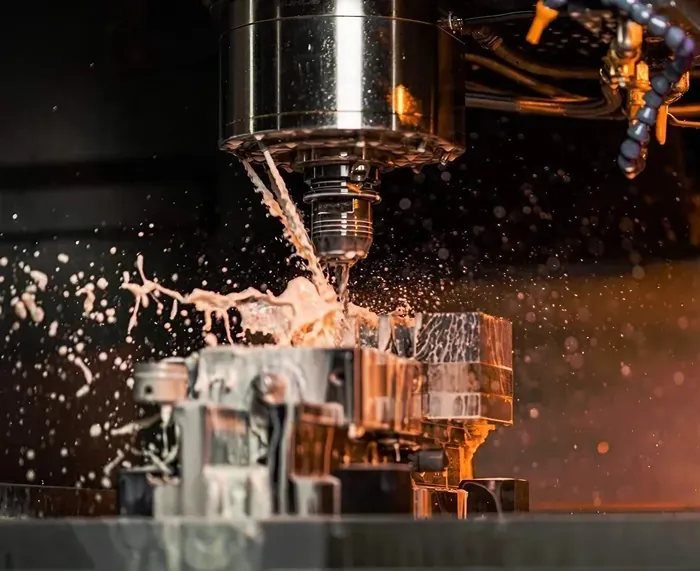
The Advantages of CNC Machined Parts Over Molded Parts
CNC machining offers numerous advantages over molding. Discover why machined parts are the preferred choice for rapid prototyping and small-batch production in ...
-
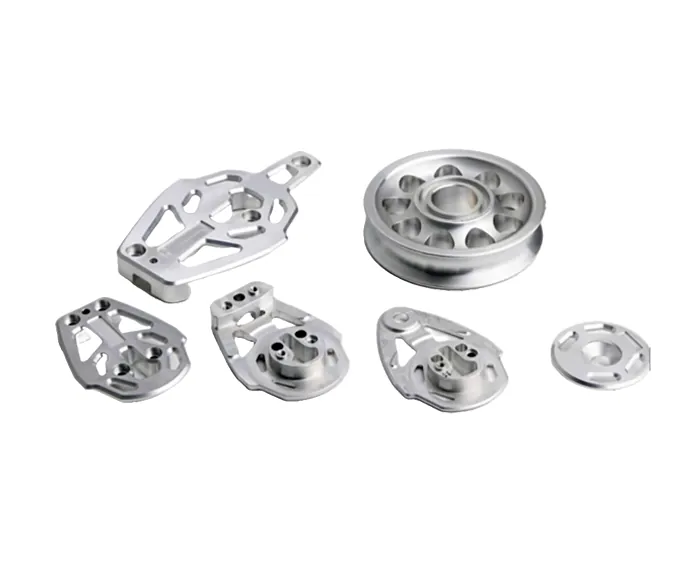
Unlocking Complexity: How CNC Milling Brings Intricate Designs to Life
From 3D design to the magic of milling, uncover the process and advantages, including high dimensional accuracy and efficiency.
-
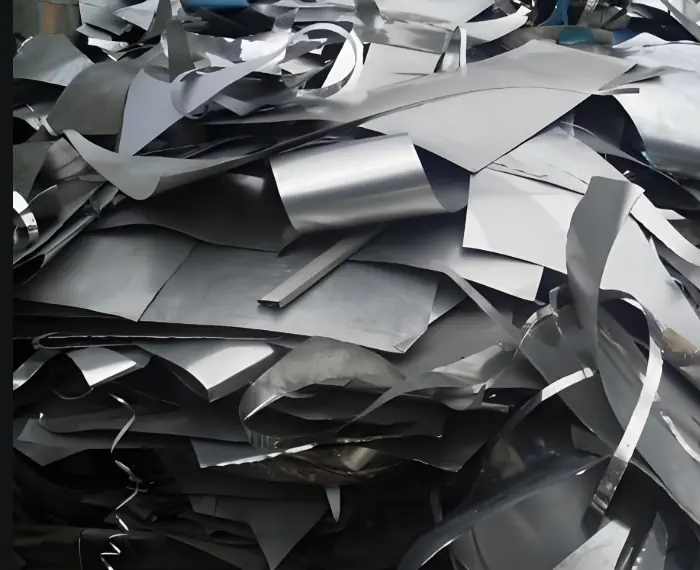
How to Categorize Scrap Steel for Foundry Use?
Comprehensive Guide to Scrap Steel Classification and Distinctions in the Foundry IndustryUnderstanding the classification and proper handling of scrap ste
-
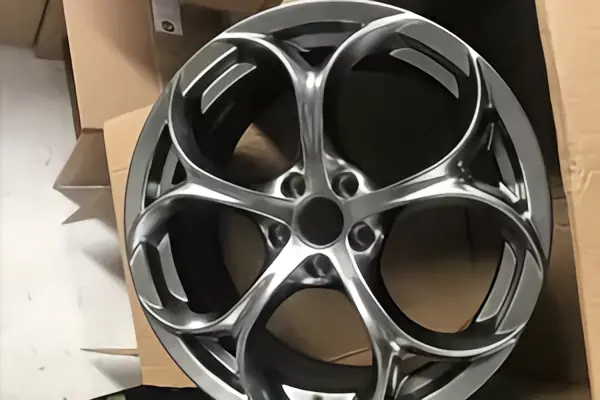
Optimizing Low Pressure Casting Process for Aluminum Alloy Car Wheels
Optimizing the Low-Pressure Casting Process for Aluminum Alloy Car WheelsWith the growing global demand for durable and lightweight automotive components,
-
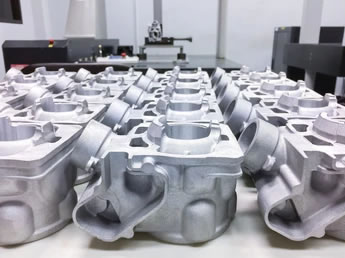
Aluminium Casting Vs. Steel Casting: Which Alloy Is Right For Your Product
Introducing Green Sand CastingCasting products are used in a variety of industries, making casting an important manufacturing process. Many of these products ar...
-
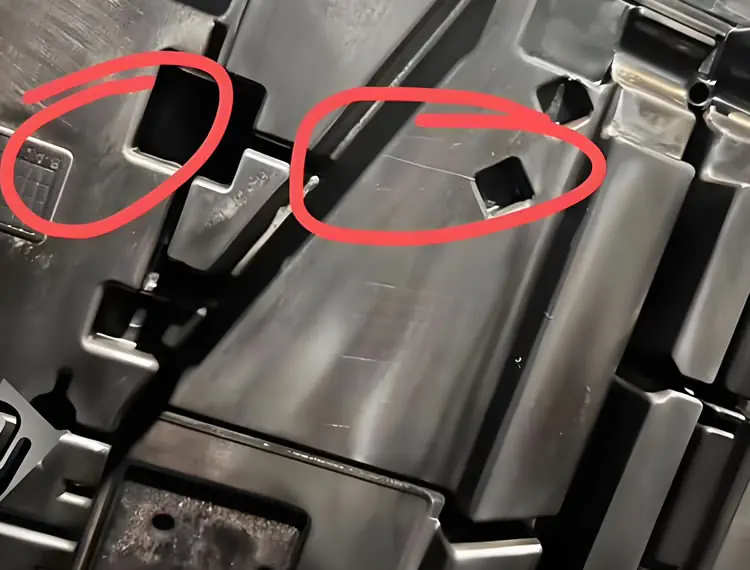
Top 3 Common Die Casting Mold Failures and Their Causes
The Common Failure Types and Causes of Die Casting ToolingDuring the operation of die casting molds, various types of damage and failure can occur, which s

